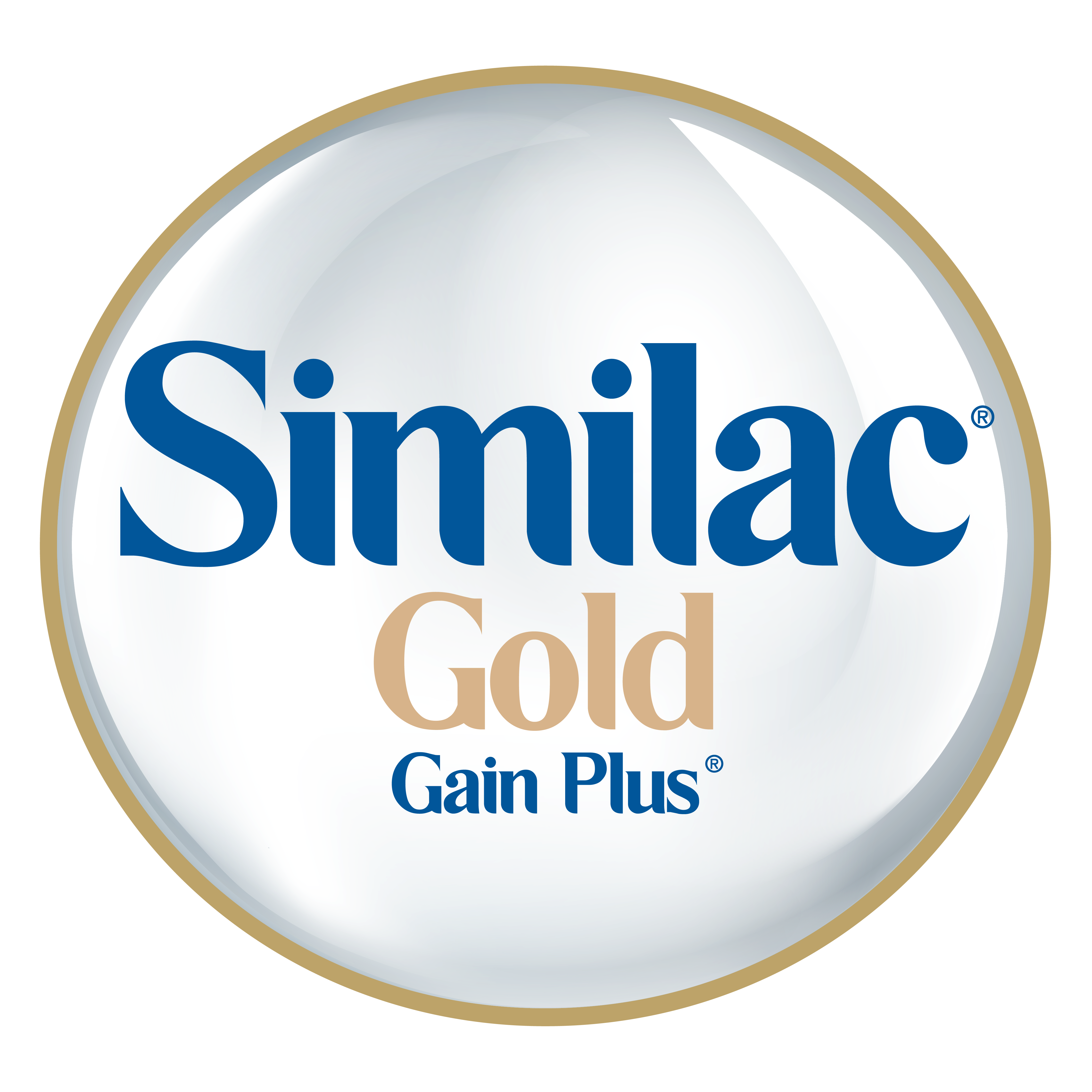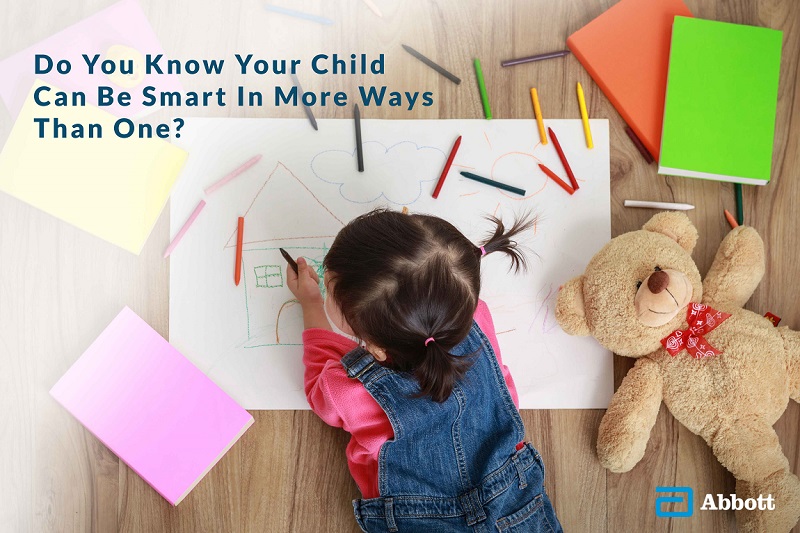In collaboration with Cambridge University Press, Similac Gold Gain Plus wants to hear all your stories! Storytelling is a great way for children to express themselves creatively and comically and they can do it even better with higher IQ10,11 support and faster thinking skills14 with the help of Similac Gold Gain Plus . Click here to learn more!
Source(s):
1 Children's Questions: A Mechanism for Cognitive Development
2 What are cognitive skills
3 Creative activities for school-age learning and development
4 Why Children Learn Faster than Adults and How You Can Learn Their Tricks
5 Reverri EJ, et al. Nutrients 2018.10, 1346
6 Pickering LK, et al. Pediatrics. 1998;101(2):242-249
7 Goehring KC. at al. J Nun. 2016 Dec; 146(12)2559-2546. Epub 2016
8 Xia, Y of aL Asia Pac K Cin Nutr. 2021 Sep; 30(3);401-414.
9 Jeon, Y et al. Am J Chin Med. 2016;44(3):489-514
10 Bovier Et. at at PLoS One. 2014. Vol 9 Issue 9;e106178
11 Renzi LM, et aL Ophthalmic Physiol opt. 2010.30: 351-357
12 Scott et al. Official J. Am Paediatric. 1998;102;e59
13 Gurnida DA, et al. Early Hum Dev. 2012; 88:595-60
14 Lutein study in adults. Renzi LM, at aL Ophthal Physiol.2010:30;351-7
15 EE Vak at al. Int J Vitam Nutr Res. 2000 Mar;70(2);31-42




